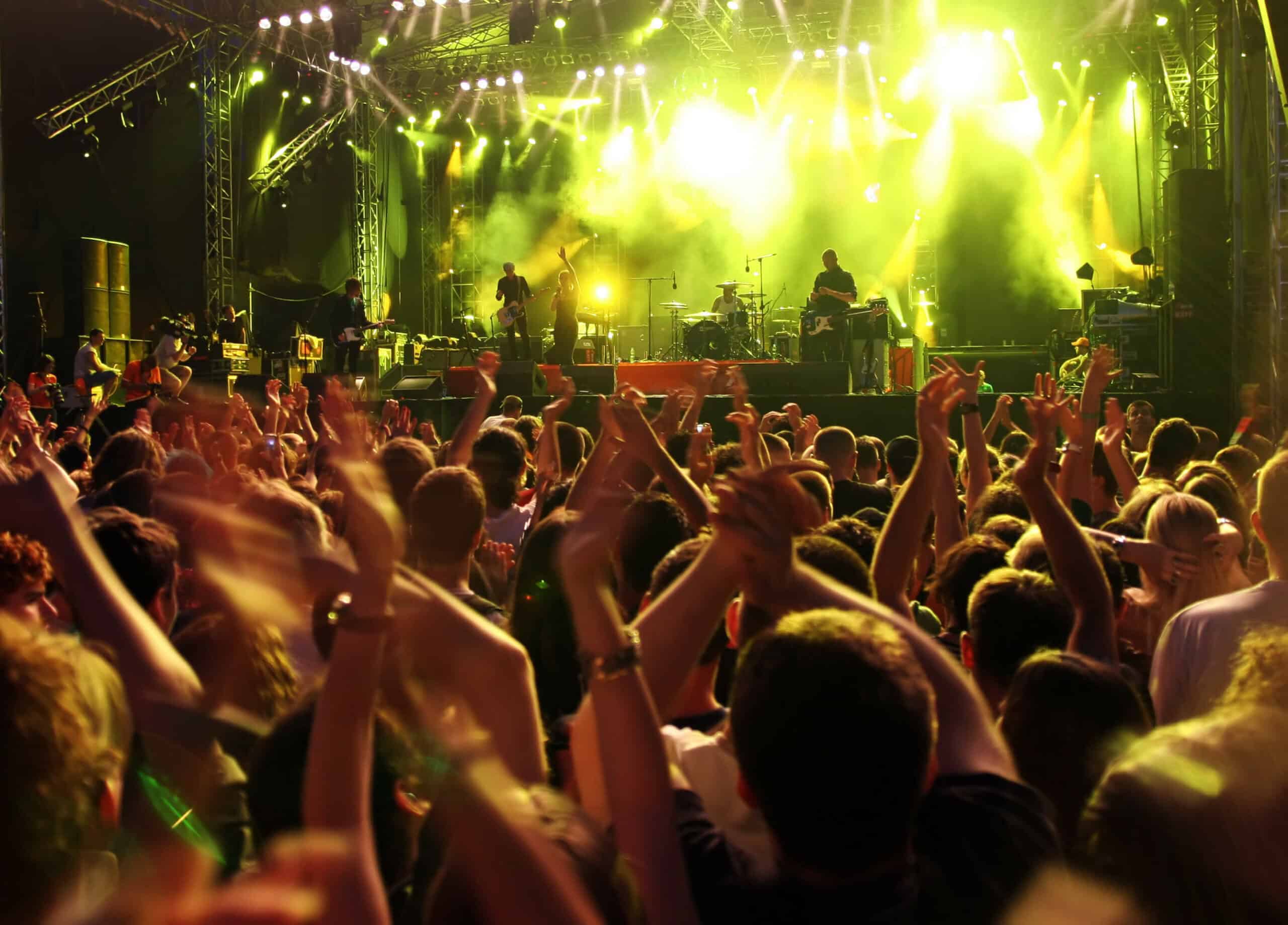
Noise pollution is a growing concern in our modern world. From bustling cities to loud music and machinery, we are constantly surrounded by sounds that can be harmful to our ears. Understanding the impact of noise pollution on hearing is crucial for protecting our auditory health.
What is Noise Pollution?
Noise pollution refers to harmful or annoying levels of noise in the environment. It can come from various sources such as traffic, construction sites, factories, and even household appliances. Unlike natural sounds, noise pollution is often loud, continuous, and disruptive.
The World Health Organization (WHO) states that noise pollution is one of the main environmental causes of health problems, including hearing loss. Prolonged exposure to loud noises can damage the delicate structures in our ears, leading to permanent hearing damage.
How Noise Pollution Affects Hearing
Our ears are incredibly sensitive and complex organs. They detect sound waves and convert them into signals that our brain interprets as sound. Inside the ear, tiny hair cells play a vital role in this process. However, these cells are very delicate and can be easily damaged by loud noises.
When we are exposed to loud sounds, these hair cells can become overstimulated and eventually die. Unfortunately, once these cells are damaged, they do not regenerate. This means that hearing loss due to noise exposure is often permanent.
Common symptoms of noise-induced hearing loss include difficulty understanding speech, especially in noisy environments, and a constant ringing or buzzing in the ears, known as tinnitus. If you experience these symptoms, it is essential to get a hearing health exam to assess the extent of the damage.
The Dangers of High Decibel Levels
Sound is measured in decibels (dB). Normal conversation typically measures around 60 dB, while sounds above 85 dB can be harmful with prolonged exposure. For example, traffic noise can reach up to 90 dB, and a loud concert can exceed 110 dB.
Exposure to sounds at these levels can cause immediate damage to your hearing. Even brief exposure to extremely loud sounds, such as a gunshot or fireworks, can lead to instant and irreversible hearing loss.
It’s important to be aware of the noise levels in your environment. Using apps to measure decibel levels can help you understand when you are at risk and take necessary precautions.
Protecting Your Hearing
Preventing noise-induced hearing loss starts with protecting your ears. Here are some practical steps you can take:
- Use Ear Protection: When exposed to loud noises, such as at concerts, construction sites, or while using power tools, wear earplugs or noise-canceling earmuffs.
- Lower the Volume: Keep the volume at a safe level when listening to music or watching TV. Follow the 60/60 rule: listen at 60% of the maximum volume for no more than 60 minutes at a time.
- Take Breaks: Give your ears time to recover after exposure to loud sounds. Taking regular breaks in quiet environments can help reduce the risk of hearing damage.
- Create Quiet Spaces: Reduce noise pollution in your home by using rugs, curtains, and acoustic panels to absorb sound. This can create a quieter and more comfortable living space.
- Schedule a Hearing Health Exam: Regular check-ups with a provider can help detect hearing problems early. A professional hearing health exam will assess your hearing and provide guidance on how to protect your ears.
Raising Awareness
Education and awareness are key to preventing noise-induced hearing loss. Schools, workplaces, and communities can play a significant role in promoting hearing health. By educating people about the dangers of noise pollution and the importance of hearing protection, we can reduce the incidence of hearing loss.
Campaigns and initiatives that focus on noise pollution can encourage people to adopt healthier listening habits. This includes advocating for stricter regulations on noise levels in public spaces and promoting the use of hearing protection in noisy environments.
Noise pollution is a serious threat to our hearing health. By understanding the impact of loud noises on our ears and taking proactive steps to protect our hearing, we can prevent noise-induced hearing loss. Remember to use ear protection, monitor noise levels, and get regular hearing health exams. Together, we can create a quieter and healthier world for our ears.
